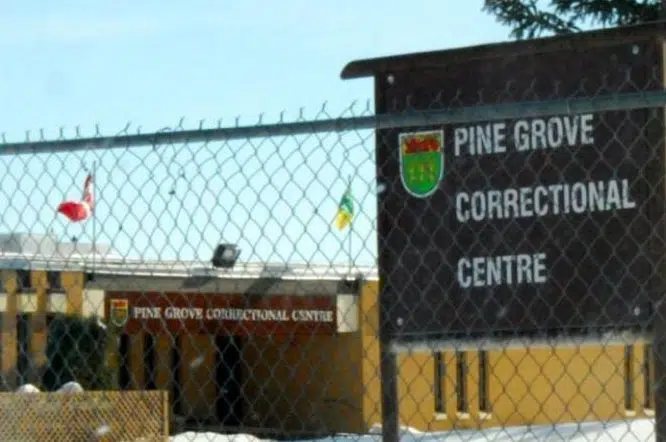The inmate discipline system at Saskatchewan correctional centres was among the key highlights of the provincial ombudsman’s 2019 report.
Under legislation, inmates are entitled to a full and fair hearing if they are charged with disciplinary offences such as fighting, engaging in gang activity, threatening people or attempting escape. When charged, they are brought before a panel to determine whether they are guilty and, if so, what sanctions will be applied.
In her report, Mary McFadyen found “several aspects of the system” were not conducted fairly.
For example, she said inmates are often not given enough information about the charges beforehand in order to prepare for the hearing. McFadyen also found incidents where inmates could not call other inmates to testify on their behalf, and they could not question staff witnesses.
The ability of inmates to obtain legal counsel was also flagged in the ombudsman’s investigation.
In Prince Albert, inmates do not have access to community legal clinics like they do in Saskatoon and Regina, so they may have more difficulty obtaining legal services.
McFadyen also explained while panels are given the discretion to decide when to adjourn hearings, it was discovered they were applying standard policy rules and not considering what was reasonable for the individual’s personal circumstances.
Another point raised by McFadyen was that the discipline panels are composed of correctional facility staff members. The panel members often had to decide between the testimony of inmates and their own co-workers and supervisors, making it difficult, if not impossible, to be objective, McFadyen said.
McFadyen made nine recommendations to the Ministry of Corrections and Policing, aimed at making sure inmates could properly present their cases, addressing bias and the appearance of bias of panel members, and implementing a training program for all panel members to help them conduct fair hearings.
All nine recommendations were accepted and a spokesperson for the Ministry of Corrections and Policing provided paNOW with a statement on some of the issues McFadyen highlighted. It said:
- The ministry recognizes and respects the efforts made by Ombudsman Saskatchewan to accomplish the investigation and the fairness and reasonableness of the recommendations.
- The safety of staff, inmates and the public and the security of the correctional centre is the primary consideration when making decisions with respect to inmate discipline.
- The ministry has accepted all of the Ombudsman’s recommendations. Work is underway to implement each of the recommendations to improve the discipline system in Saskatchewan correctional centres.
The Complaints
For 2019, the provincial ombudsman received 579 complaints related to conditions at the province’s correctional centres. That was down from 767 complaints in 2018, and 845 complaints made in 2017.
In one case last year, a woman at Pine Grove claimed she was denied her right to attend her grandmother’s funeral. After contacting the ombudsman’s office, the woman eventually won her appeal.
In a separate case, a male inmate complained he was not getting enough food. The ombudsman called the team lead and asked about the amount of food being served. The team lead went to the lunchroom and took pictures of the unit’s lunch trays, then met with Compass, the private company contracted by Corrections to provide food at correctional centres, who agreed the portion sizes were inadequate and agreed to rectify the issue.











